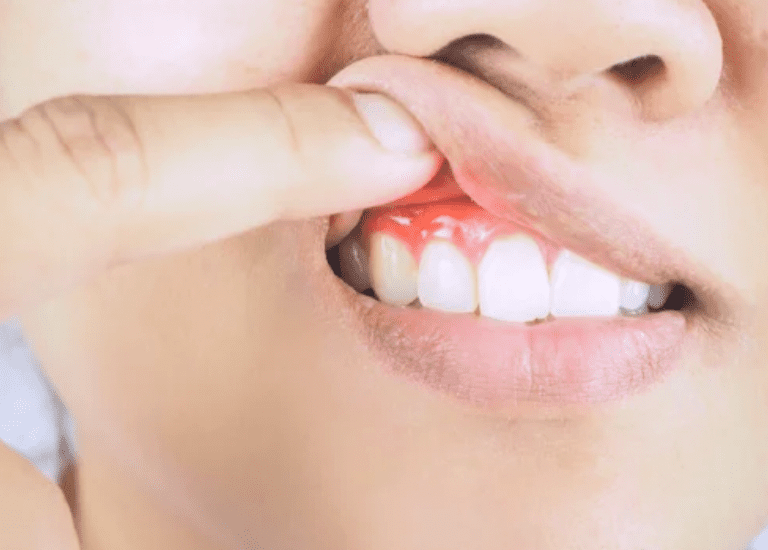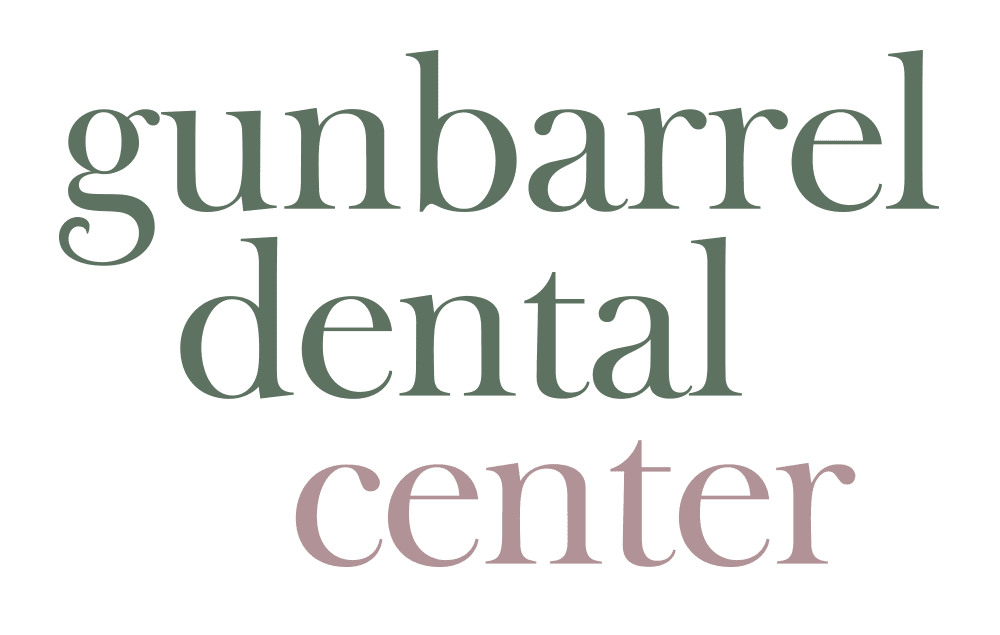Gum disease is an infection of the gums that usually develops as a result of plaque buildup. Although it begins as a mild irritation (gingivitis), it can cause major damage as it advances. Initially, gum disease presents as red, swollen, or irritated gums. You may notice mild bleeding when you brush or floss your teeth. However, the effects can become much worse without intervention.
In the advanced stages of gum disease, you increase your chances of a major infection that needs antibiotics or medical intervention. Additionally, you can potentially lose your teeth because of the soft tissue damage. Also, your jawbone can begin to deteriorate.
Yet, you can help prevent gum disease with a proper oral care routine and good lifestyle choices.

Oral Care Routine
One of the more efficient ways that you can prevent gum disease is right in your own home. Having a good oral care routine can minimize your risks of developing gum disease. For example, brushing and flossing your teeth can reduce the amount of plaque on the surfaces of your teeth and soft tissues.
Plaque is a type of harmful bacteria that sticks to every surface of your mouth. While the plaque remains, it consumes the leftover food in your mouth, creating acid. Unfortunately, this acid will begin to dissolve your enamel. This process is called demineralization because it removes vital minerals from your enamel. Your enamel is the protective coating that guards the inner portions of your teeth against external damage and bacteria. Once damaged, the enamel is no longer able to protect your teeth. Consequently, you can develop tooth decay or gum disease.
During your oral care routine, you remove as much plaque as possible through brushing and flossing. Brushing your teeth in a gentle, circular motion can help remove more plaque. However, brushing alone is not enough. A toothbrush cannot reach between your teeth or underneath your gums. When you don’t sufficiently remove plaque from your gums, you can develop gum disease.
To prevent gum disease, you should brush your teeth at least twice a day. Additionally, you need to floss once daily.
Visit Your Dentist
Another essential part of a good oral care routine is visiting your dentist. No matter how efficient your daily oral routine is, you must go to the dentist regularly. Most dentists recommend a general check-up at least twice a year. There are several benefits of seeing your dentist regularly.
For general appointments, you will likely have a professional dental cleaning. A dental hygiene specialist will remove any amount of plaque that lingers on your teeth and under your gums. They use special dental equipment to scrape the plaque away from those hard-to-reach areas like the back of your teeth. Additionally, they can remove plaque between your teeth and underneath your gum line. Also, they will use a high-powered brush and gritty paste to polish and shine your teeth.
During your appointment, your dentist will thoroughly examine your teeth and mouth. This will help them see if you have any dental issues that need addressing. In addition, they may take X-rays to see if you have problems that may develop in the future.

